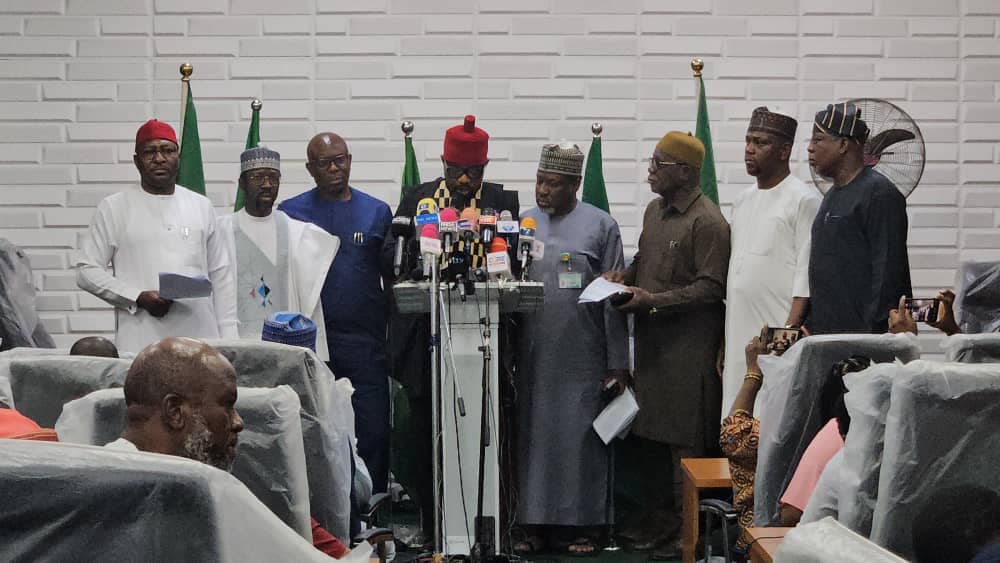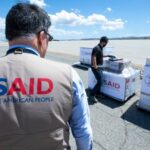
Stakeholders have called for the institutionalisation of the State Accountability, Transparency, and Effectiveness project (State2State) project to enhance fiscal transparency in states.
The stakeholders highlighted the success rate of the project supported by the United States Aid for International Development (USAID) and stressed that the institutionalisation would ensure the sustainability of the reforms beyond projects and political transistors.
The Executive Director of the Nigeria Governors Forum (NGF) Abdulateef Shitu while speaking at the National State Transformation Committee Conference On the State2State project pointed out that the conference is aimed at seeing how to sustain the gains of the project which bothers on fiscal, transparency and accountability in the state.
He revealed that The NGF has been looking at institutionalising these reforms at the state level, saying in all 36 states there has been improvement in transparency, accountability, the way business is conducted, quick submission of the annual report we well as an audit of account and the putting in place of the procurement act.
“All of this is cascading to the local government level so alot is being done to promote transparency, accountability, and improve governance at the Subnational level. The dialogue is to deepen this conversation to see how we can expand and sustain some of this gains as well as build capacity,” he stated.
Shitu disclosed that the NGF in the last 2-3years has been doing alot by training people as key actors come into Abuja for training which is seen in the performance that is recorded.
The Chief of Party State2State, Mrs. Irene Karimi, in her remarks noted that the six participating States of Adamawa, Akwa Ibom, Bauchi, Ebonyi, Gombe and Sokoto have improved on their responsiveness to citizen needs and priorities.
While commending the States for incorporating up to 50 per cent of the citizen needs into their budgets, she called for institutionalisation and sustenance of these governance reforms beyond projects and political transitions.
Karimi explained that State2State works with partner States with a focus on public financial management [PFM] and procurement, as well as monitoring and evaluation, related to the delivery of services in the key sectors of basic education, primary health care, and water, sanitation, and hygiene [WASH]).
To ensure the sustainability and institutionalisation of reform across the six partner states of the State2State activity, she disclosed that the project had supported the formation, inauguration, and operationalisation of State Transformation Committees (STCs) in all the six partner states.
These committees, she explained, have been useful in driving implementing reforms in all State2State states since the inception of the activity.
According to her, “The states have experienced significant changes to how they use several PFM tools, deployed with the support of State2State, to increase annual budgetary allocations and fund releases for improved and more efficient service delivery in the State2State focal sectors of basic education, primary health care, and WASH.”
The USAID Nigeria Deputy Mission Director Sara Weith underscored the need for States to use scarce resources at their disposal to improve education, primary health care, water and hygiene in their states.
Weith, however, acknowledged that significant achievements have been recorded, following the implementation of programmes by State2State together with STCs in these six partner states.











